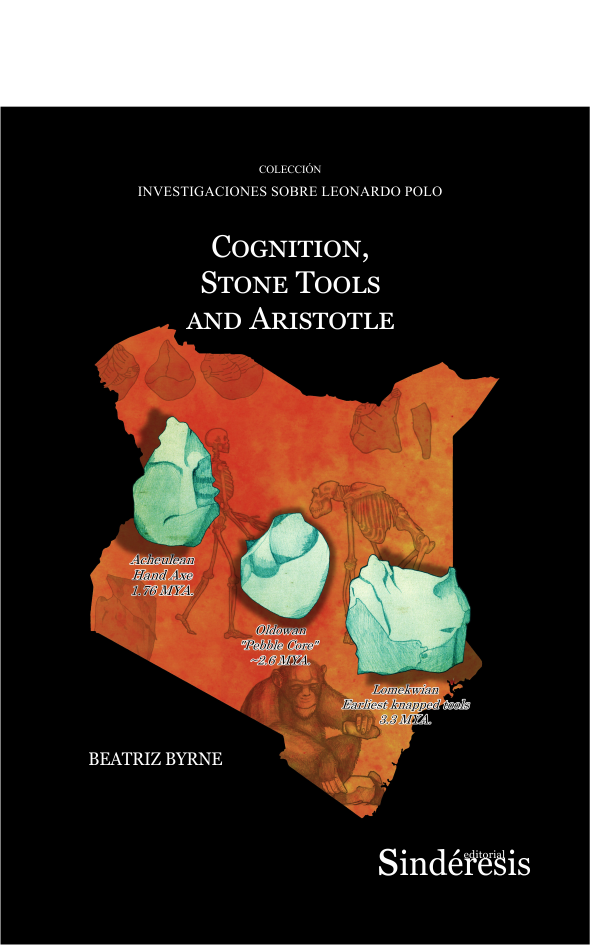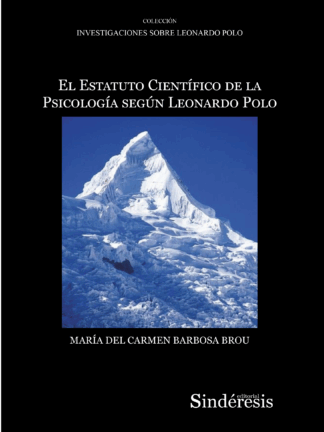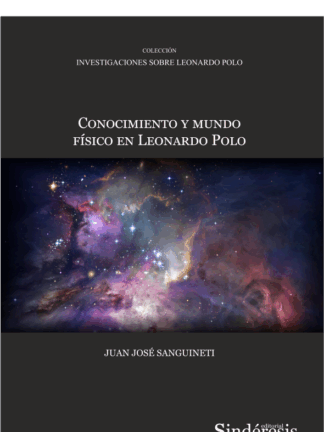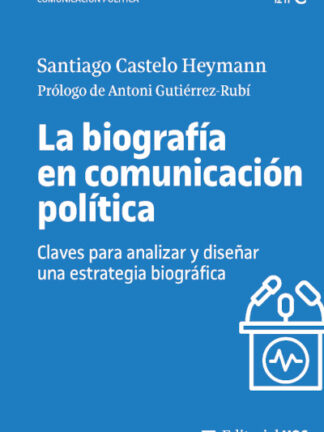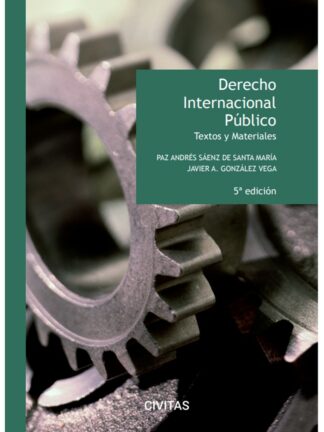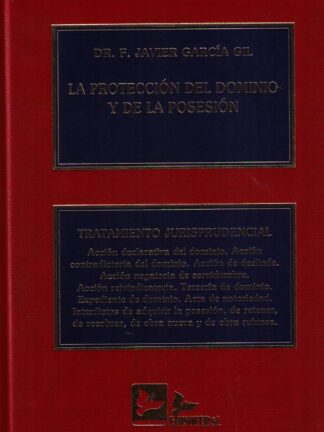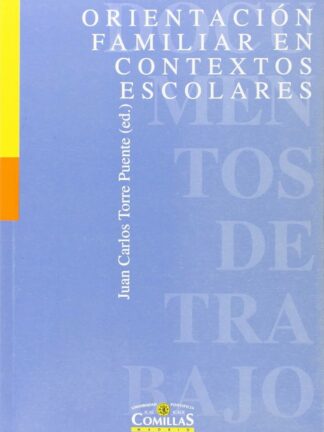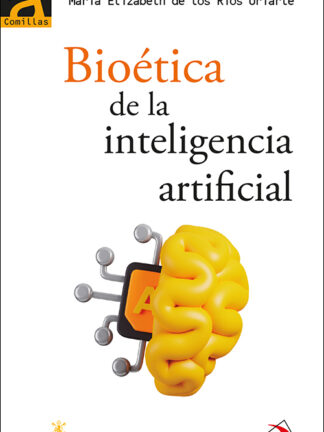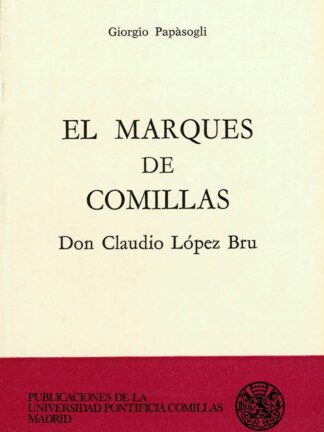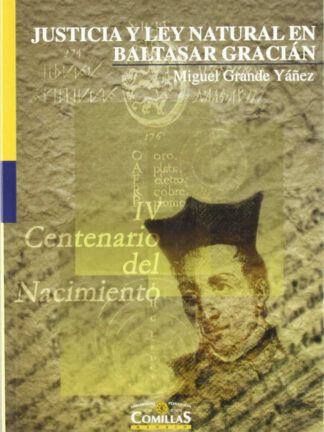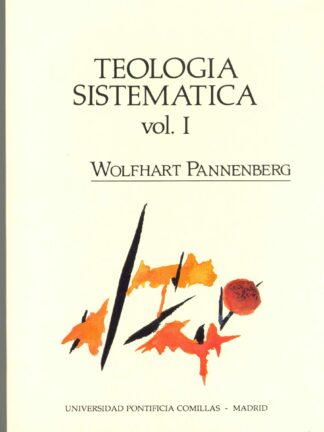Descripción
Advances in Cognitive and Experimental Archaeology in recent decades have allowed us to know in detail the manufacturing processes of stone tools, the only type of material culture capable of surviving the passage of time, as well as determining what type of cognitive skills necessary for their elaboration. A broader and more in-depth study of the behaviour of great primates has opened the door to a more detailed understanding of their cognitive abilities.
All approaches recognize the existence of limits, qualitative or quantitative ones, in the cognitive abilities of great apes with respect to humans. However, there is a lack of agreement on which of those abilities actually make us human and when they appear in human evolution. This is partly due to their inability to understand the nature of cognition.
The present study applies the findings of Aristotle and Thomas Aquinas interpreted by Leonardo Polo, on human and animal cognition to the inquiries of Cognitive Psychology and primate cognition. Specifically, it refers to sensorial and intellectual knowledge as well as practical reason one. It also applies these findings to the manufacture and use of stone tools from the Palaeolithic period, including the oldest ones from the Lower Palaeolithic which date back to 3.3 million years.
The results indicate the emergence of intellectual knowledge and practical reason at least 3.3 million years ago.

